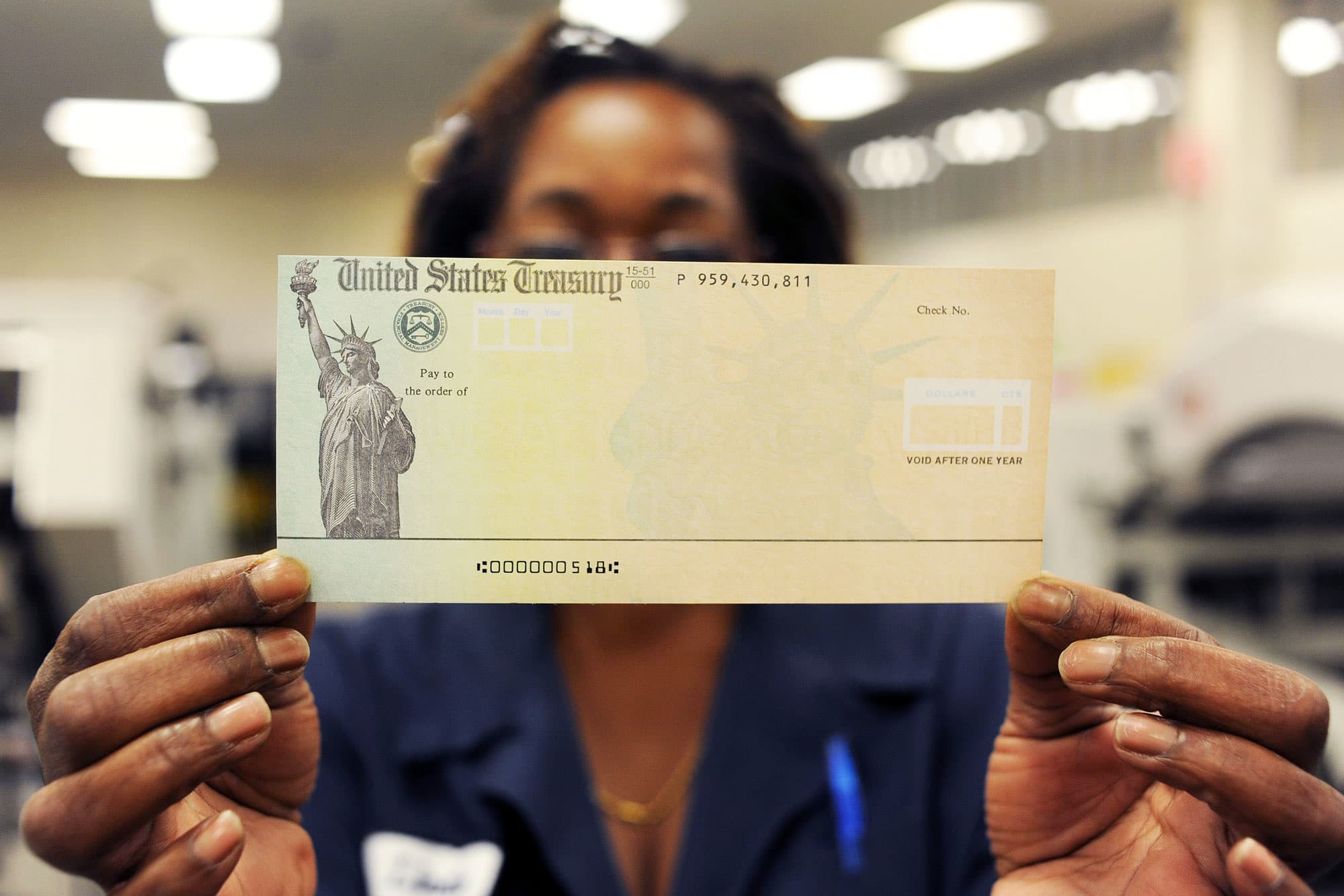Getty Images
Several Democratic senators have teamed up to propose giving Social Security beneficiaries an extra $200 per month in the wake of the coronavirus pandemic and the economic devastation it is causing.
The plan was put forward last week by Sens. Elizabeth Warren, D-Mass.; Chuck Schumer, D-N.Y.; and Ron Wyden, D-Ore.
The extra income would apply to all Social Security, Veterans and Supplemental Security Income, or SSI, beneficiaries.
The bonus money would continue through the end of 2021, adding up to an extra $4,000 over the next two years.
“Increasing Social Security benefits is the quickest way to get money out the door during an economic crisis,” Warren wrote in an op-ed for CNBC.com.
The idea of boosting Social Security benefits by $200 per month was also included in Warren’s presidential campaign platform. In that plan, Warren called for raising payroll taxes on high earners in order to pay for the increases.
The senators did not stipulate how they would offset the costs of the increased benefits in their plan. The proposal is part of Senate Democrats’ Phase 3 proposal that calls for at least $750 billion to help fight COVID-19 and the effects it is having on the U.S. economy.
The move comes as some fear that many Social Security beneficiaries could be left out of the proposed bonus checks from the government.
Senate Majority Leader Mitch McConnell, R-Ky., put forward a proposal last week that included Social Security income. However, because the plan uses income from 2018 tax returns as a qualifier, it could leave out those who don’t file with the IRS because their income is too low.
The additional money would help almost 64 million Americans who receive Social Security, many of whom are vulnerable now because they are older and/or disabled, Warren wrote in her op-ed.
Having extra money in their Social Security checks can help those individuals stave off extra health-care expenses they may face, or even help offset added costs of hiring help with grocery shopping, said Nancy Altman, president of Social Security Works, an advocacy organization.
“This is not just relief, but it’s stimulus,” Altman said. “These are people with the lowest incomes in the country, … most of them are just above the poverty line, and so they spend the money immediately.”
Former vice president and Democratic presidential candidate Joe Biden has also endorsed the senators’ proposal.
More from Personal Finance:
Rescue checks may shortchange some Americans on Social Security
New York City businesses hit hard by coronavirus pandemic
These banks are offering coronavirus financial aid
McConnell’s bill also includes a proposal to suspend employers’ requirement to pay FICA taxes until January, which Altman said is a red flag.
Typically, both employers and employees each pay 6.2% toward Social Security and 1.45% for Medicare, known as FICA taxes.
The proposal would give employers a reprieve until January, at which point they would have to resume those payments. In the meantime, the trust funds that support Social Security and Medicare would be replenished with general revenue, while the businesses would eventually have to repay it.
“It’s hard to believe that they would even restore it, but that’s what the proposal is,” Altman said.
The problem with giving businesses a break on those taxes is that it could hurt Social Security’s funds, which already face a shortfall. Altman said she fears it’s a way to shrink the Social Security program and eventually cut benefits.
“Opponents of Social Security have just been trying to starve the Social Security beast, as they see it,” Altman said. “We should be on very high alert when they talk about cutting FICA.”
